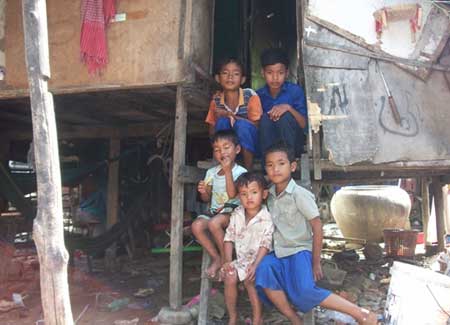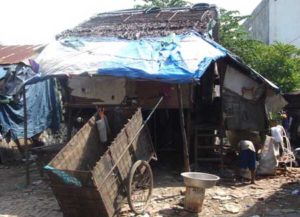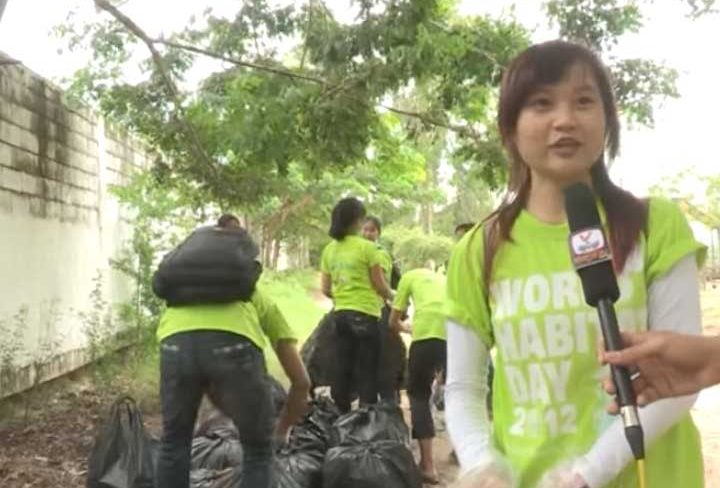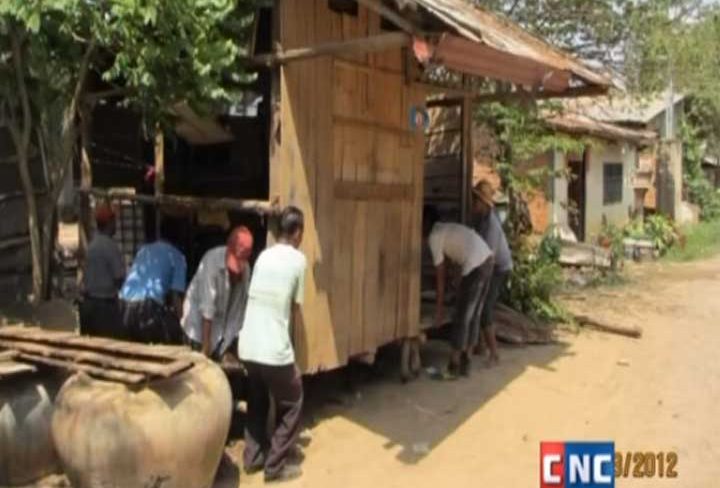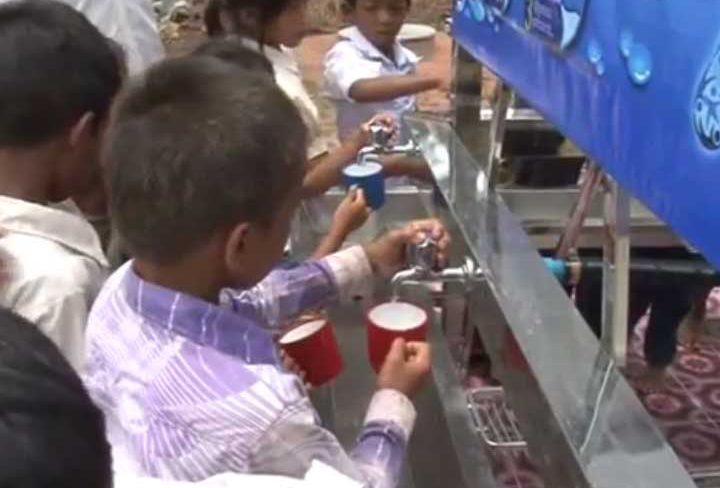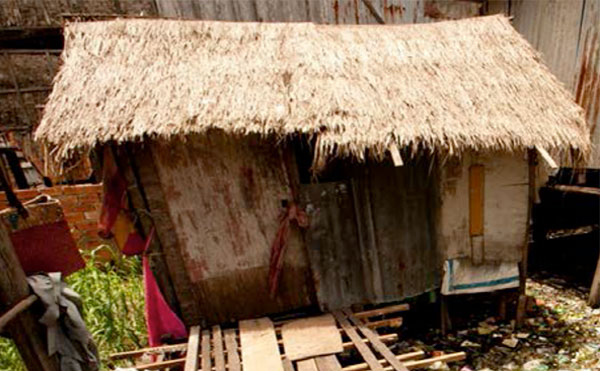
Volunteers of the Mekong Big Builds 2013 event in Cambodia will be building rental housing units at the Smile Village project, a community and housing development program to provide families from urban low-income communities in Phnom Penh with access to secure, adequate housing. Habitat for Humanity Cambodia is the housing partner of Pour un Sourire d’Enfant (PSE), a non-profit organization, and is responsible for construction at Smile Village. PSE will provide education and vocational training facilities for children and older youth.
In addition to houses, families living in Smile Village will benefit from:
- No threat of eviction
- Education opportunities
- Being able to save
- Vocational training
- Healthcare provision
- A safe, healthier living environment
- Sustainable revenuegenerating activities
The project will also help families to prepare for home ownership. Mekong Big Builds will launch the construction of 330 homes in Smile Village.
Thank you for your support.
Cambodia has been deeply marked by decades of war. Over the past ten years, poverty has declined but inequalities persist. Thirty-five per cent of the population currently lives below the poverty line, surviving on less than US$1.25 per day. The 2008 food crisis, and the economic crisis of 2009, severely affected the population, especially children, and led to a rural exodus. This had severe consequences for vulnerable poverty line families – they relocated to un-serviced remote areas, became scavengers living in rental shacks at high risk of eviction, many were infected or affected by HIV/AIDS, enduring these and a great many other perils – predominantly in the capital city of Phnom Penh.
Rural families arriving in Phnom Penh often do not have adequate skills to find employment and secure access to an income; parents have very little capacity to provide even basic education to their children or to find decent housing leading to unhygienic and unsanitary living situations which affects health.
Housing and education critically intersect in the lives of low-income people. Without the skills to secure a job, all family members – including children – end up having to find ways to secure food, preventing children from going to school, weakening their overall health and that of the whole family. Moreover, a constant threat of eviction in low-income neighborhoods affects both livelihoods and children’s education. With the closure of Steung Meanchey dumpsite in Phnom Penh in 2009, families that depended on scavenging at the dumpsite were forced to move elsewhere – to even worse living conditions – and were uprooted from their income source, leading to increased absenteeism from school and the family being plunged further into poverty.
Living in a secure house provides protection, especially for women and children. It keeps families safe from monsoon rain floods, and provides better access to water and sanitation facilities. Furthermore, a decent house allows families to use their homes for microenterprise activities, expanding income-generation opportunities – enabling children to go to school and giving them decent space to study.
Smile Village Home Partner
Yob Yov, 39, his wife, 37, and their six children share a small rented house. Four children are currently supported by PSE education programs.
- Occupation: Scavenger and bicycle repair
- Daily income: US$0.37 per day / person
- Living conditions: Dilapidated rented shack by dumpsite – constant stench, no sanitation facilities, unsafe environment, exposed to risk of eviction and relocation US$15-30 monthly rent

